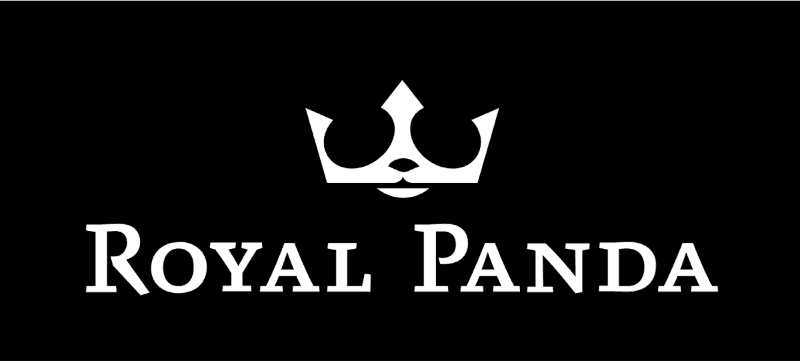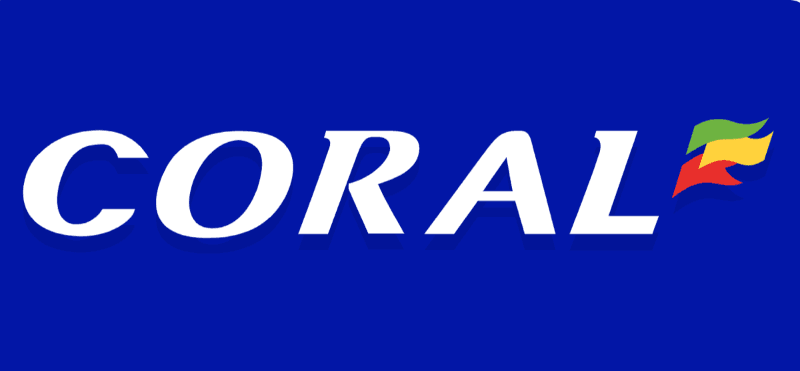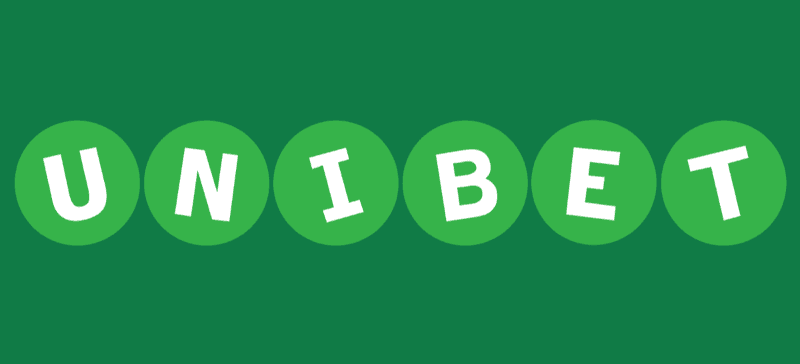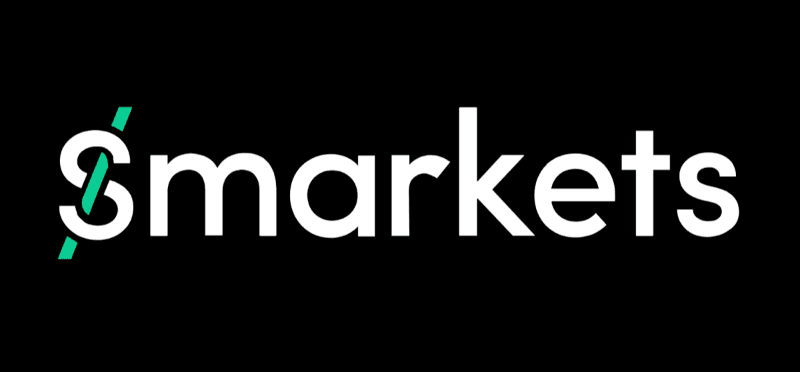This guide has been written by FPLBET contributor, @FPLbraveheart. Braveheart is ranked as one of the top 200 Fantasy Premier League managers of all time. He's also a devoted Football Index Investor. His experience in FPL and Football Index provides a unique perspective on how to play and succeed on the Football Stockmarket.
Del, FPLBET Editor
What is Football Index (“FI”)?
Football Index is the football stock market. It is where you can buy “shares” in real-life players and earn money depending on the success of that player. You can earn money when a player you hold shares in scores or assists goals. You can also earn money when a player you hold shares in is one of the best players statistically in a gameweek (calculated in a way similar to bonus points in FPL) or has a lot of media articles written about him.
Football Index is regulated by the UK Gambling Commission. While it is not a traditional bookmaker where your bets are zero-sum, as with all forms of gambling, you should never invest more money than you can afford.
If you would like to try Football Index, at the time of writing, they are running a money-back special where you can have a full-refund up to £500 for new customers during the 2019/20 season if you are not happy with the product and lose money during your first 30 days.
If you would like to try, please register using this link.
NB: For every person who deposits through that link FPLBET will donate £10 to The National Autistic Society.
How do you make money?
There are three ways to make money on Football Index. The first, and most straightforward, way to profit is through “capital appreciation”. Essentially, this is where you buy low and sell high. It is the mantra of every stock market there ever was or ever will be. Your aim when it comes to looking out for opportunities of capital appreciation is to find players who are currently undervalued, or will likely increase their value in the not too distant future (shares expire after three years so you're looking for players who are going to increase within the next three years).
This raises the question: how do you value a player? On Football Index a player is valued by his dividend potential. Dividends are a form of “instant win” payout and, if your player wins you dividends, your bank balance will increase an amount depending on how many shares you hold in that player (without needing to cash out on that player). There are three types of dividend: in-play, performance and media.
In-play (goal/assist dividends)
Importantly, only performances in the following competitions qualify for goal/assist or performance dividends:
- Champions League,
- Europa League,
- Premier League,
- La Liga,
- Bundesliga,
- Serie A,
- Ligue 1, and
- Euro 2020 qualifiers and finals.
For the first 30-days you own shares in a player, that player qualifies for “in-play dividends” (“IPD”). Every time that player scores or assists in one of the five recognised leagues, Champions League, Europa League or Euro 2020 qualifiers or finals, you will win dividends. Those dividends are as follows:
- Goal by a forward or midfielder � 1p per share,
- Goal by a defender or goalkeeper � 2p per share,
- Assist by any player � 1p per share,
- Clean sheet by a goalkeeper who played the full-match � 1p per share.
The above figures will seem quite insignificant if you look at them out of context, however, these dividends can stack up and result in quite impressive return on investment percentages. For example, let's look at Fabio Quagliarella of Sampdoria in 2018/19. At the time of writing, he is valued at 56p. This means you can get 100 shares for £56. Last season he scored 26 goals and bagged 8 assists. If he were to produce similar numbers again this season (and you bought and sold your shares in him every 30 days so that your hold qualified for in-play dividends) he'd return £34 in-play dividends. The cost of recycling your hold in him would mean that you'd lose £8.21 in commission (2%). However, even taking that into account you would end up with a return of investment of 46.9%. For in-play dividends, you would be looking for prolific players valued around £2 or less (e.g. Robert Lewandowski, Jamie Vardy, Ciro Immobile, Wout Weghorst, Arkadiusz Milik, and Iago Aspas).
The reason these players are generously priced is because of their age and because their style of play is typically not suited to the performance dividends matrix (see the performance section later in this guide). When a player retires from football, the value in the player will crash and no one will want to buy him from you so you will likely lose your stake. There is an element of risk with buying older players as they are one big injury away from potentially retiring from the game. That same risk applies for all football players but to a lesser extent depending on that player's youthfulness.
For fantasy football players looking to test the waters of Football Index, I think in-play dividend hunting is a relatable strategy to start with. We are already well-aware of the value in statistics such as shots in the box, key passes, penalty area touches, xG and xA.
For all of the qualifying leagues, Whoscored and Understat are invaluable sources of statistical information. One trading strategy would be to buy sub-£2 players who are prolific goal scorers and assisters, hold them until they have a performance in which they score one or two goals (which will likely lead to some capital appreciation), and sell while traders are buying that player.
The 2018/19 season was the first with in-play dividends (from October 2018 onwards) and it was common to see a player spike when he puts in a good performance, for his price to peak and then begin to fall before the dividends are paid (many of the opportunistic traders who bought the player that day would likely want to offload after the dividends are in their bank account).
This means there is an opportunity to earn capital appreciation on the players who're holding who regularly return goals or assists. Even if you do not cash out by selling your shares in those players on the rise, you will earn in-play dividends for them for the first 30 days you hold that player.
Media Mentions
This type of dividend is paid out every day (performance and goal/assist dividends are only on match days). It is paid to the player who features in the media the most that day. This is calculated automatically by taking the stories which use the player's full name in the headline from the following sources: Talksport, UEFA, The FA, ESPN, FIFA, Football League, Daily Mail, Daily Star, the Times, the Telegraph, the Independent, Daily Express, the Guardian, Metro, Daily Mirror, BBC, Football365, Goal.com, Huffington Post and Sky Sports.
The stories are given a score based on the use of positive words in the headline, so for example the word “champion” will be allocated more points than an article using the word “defeat”. Also, as the player's full name must be in the title, this benefits players who are often “full-named” or have only one name (for example, Neymar). Players with more convoluted names that are abbreviated are not generally rewarded by the calculation (for example, KDB).
If there are no matches in a qualifying competition (see the next section) that day, the top three positions in the media rankings will receive 3p, 2p and 1p respectively per share for first, second and third place. If there are matches in a qualifying competition, the top player will receive 2p per share.
To win media or performance dividends, you must hold shares in that player before 2pm the day in which they win and continue to hold those same shares until after midnight. With goal/assist dividends, you can buy at any point up until 11.59pm that same day (even after you know they've scored).
In the event that there are two players with the same media score, the player with the most recent recorded story wins.
Performance
Every match day there are dividends to be won for the best forward, best midfielder, best goalkeeper/defender and best player overall. This is determined using a similar metric (though importantly not identical) to the way in which bonus points are calculated in FPL using OPTA stats and allocating a score to each action in a match.
The dividend payout will depend on the number of matches taking place that day. For days where there are 1-4 total matches taking place in the above competitions, the best player in each position (goalkeepers and defenders taken together) will win 2p with the best player overall (the “star player” winning an extra 1p. For days where there are 5-14 matches, the best players in each position will win 3p with 2p for the star player and finally in days where there are European quarter finals or 15+ matches in the qualifying competitions, the best players in each position will win 5p with 2p for star player.
The performance matrix (the method used to calculate the players who will win the performance dividends) was updated at the end of July 2019. As yet, there is no data under the new matrix and so please take articles setting out scores from previous seasons with a pinch of salt as the scoring system has changed (albeit, in my view, in quite a subtle way).
The new performance scoring matrix can be found at this link (the most important column is the “new matrix” one).
In the event that there are two players with the same performance score, the youngest player wins.
How can you lose money?
Commission
Every time you sell a player, 2% of the total amount of your income will go to Football Index. It is similar to Betfair and other exchanges in that respect. This means that whenever you buy a player your return on investment starts at -2%. The website and app gives information on the profit/loss of a player in percentages, but that is pre-commission so if you sold a player in order to realise a 1.8% profit then that would be a negative trade.
When deciding your exit points from profitable trades, do not forget about the commission. Being aware of it is key to building a healthy bankroll.
Pumping and dumping
Whenever a player is tipped by someone whether in an article, a tweet or a podcast, there is a chance that the person tipping that player owns shares in that player and will profit from others buying that player on the back of a tip. Very often the tips are in good faith (such as every tip in this article) but there will be examples of traders (or groups of traders) buying a lot of shares in a seemingly worthless player to inflate his price on the hope that others will jump onto that rise. When others jump onto the bandwagon, the first purchasers will cash out leaving those who jumped onto the bandwagon holding shares in a worthless player at a loss.
While this has happened in the past, Football Index are taking steps to punish those responsible. However, it can still happen so be vigilant whenever a player is tipped by someone else. Always carry out your own research and decide whether you believe the player represents value. Is he a good hold for media, performance or in-play dividends? Are there rumours from reputable sources that he's coming to one of the big Premier League teams?
Every article I write will always be in good faith (but even so, always do your own research). I will always give the pros and cons of the players I'm tipping and I will tell you whether I own that player or not. If I do not own a player, I will explain why.
How do you buy players?
Before you invest any money into a player, you should ask why it is you are buying that player. Is it because he is going to be a long-term hold for media or performance dividends over the next three years (remember: each share can only be held for three years)? Is it because you think he is undervalued when compared to his teammates of a similar age and with similar stats? Or are you buying the player as a short-term hold with a view to reaping in-play dividends?
Once you know why you want to buy a player, next work out when you might want to sell that player. For instance, when his price goes up by 25%, after 30 days because he will no longer be eligible for in-play dividends, or just before the end of three years from holding the player as otherwise your hold will expire and you'll lose all the cash invested?
It is good to have an exit point in mind before you enter a trade as it simplifies matters. The exit point doesn't have to be rigid and you can always adapt it if the player you only wanted to hold for 30 days enters the form of his life, moves to Barcelona and becomes the next Messi.
Deciding who to buy is the difficult part. The act of buying shares in that player is pretty straightforward. Select the “buy” button (the price listed there is the price you will pay for one share in that player) then select the number of shares you'd like to purchase. There is no hard and fast rule about how many shares you should buy in a player. You might want to buy 1, 10, 100 or even 1000 shares in a player or you might want to divide your bankroll equally between ten players of equal amounts. I normally go by monetary value so that the risk in each player is diversified but it is completely up to you how you wish to manage your porfolio.
How do you sell players?
Selling players is less simple and may be made a bit more complicated in future as “order books” are introduced (no timescale for them now but if you are wondering what an order book is, it is very similar to the Betfair set up). At the time of writing this guide, there are two ways to sell a player:
- Instant sell � this is where you sell the player to Football Index for a lower price than his current buy price (this known as a “spread” and the price you'll get on instant sell is shown in the red “sell” button), or
- Market sell � this is where you sell the player to another trader for his current buy price (minus 2% commission).
Earlier in this guide I said that ignoring commission is a real risk to your goal to build a health bankroll. The same can be said of using instant sell (unless necessary). You'll need to balance the need to gain access to you funds tied up in a player immediately with the reduced price you'll be getting for that player. To give an example, if a player has just scored a hat-trick and his price is rising, then it makes sense to sell to the market as there are traders in the market actively wanting to buy that player. There is no need to take the hit with accepting a lower price.
To give an alternative example, if that player then breaks his leg, ruptures his cruciate ligament or unexpectedly retires from football, there are not going to be many traders in the market wanting to buy the player at that time and so you might have to take the lower price and instant sell to Football Index.
The final example I'll give you is a player who has or is stagnating, his price is not moving up or down and you think the money could be invested better elsewhere. You read on Twitter that another player is linked with joining Man United (as the press love writing about Man United their players always come at a bit of a premium due to increased chances of media dividends). If you are one of the first people to react to that news, you'll likely experience considerable capital appreciation and so it might make sense to instant sell in order to get cash (if you do not have a cash balance in your account for opportunistic trading such as this) so that you can invest in the player who's price is likely to go up. In that scenario, it is highly likely that you will recoup the loss from taking the lower price on the first player as part of the capital appreciation experience in the second player.
What are you waiting for?
From all of us at FPLBET, we hope that you found this guide helpful.
There's more to the game but the best way to learn is to roll your sleeves up and get involved. Start playing the game and if it's for you.
If you have any questions, Braveheart is always happy to answer questions on Twitter so feel free to get in touch @FPLBraveheart.
Be Sure to follow @FPLBET for more Football Index insights.





